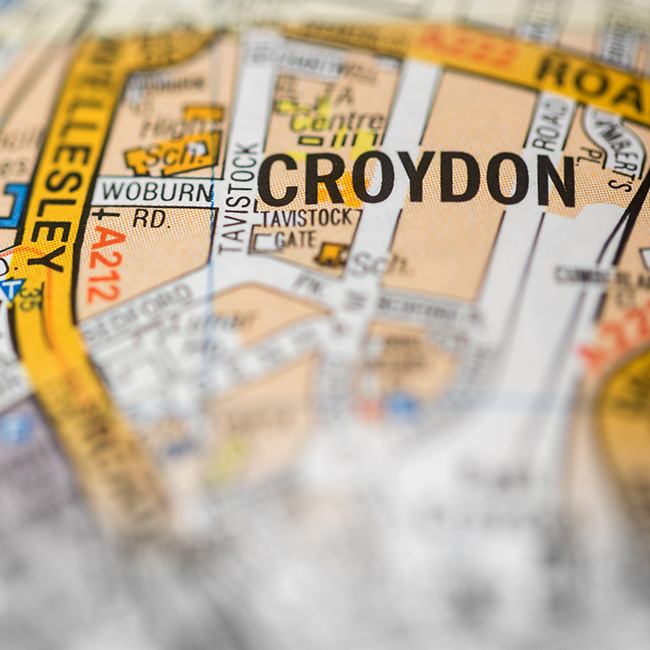
We represented a young person who had been charged with offences of possession with intent to supply class A drugs as well as possession of class A and class B drugs. At the time of the alleged offences, our client was only 15 years old. The Crown’s case was that a large quantity of drugs had been found in our client’s possession alongside scales and a quantity of cash. The Crown relied on text messages recovered from our client’s mobile phone as evidence of drug dealing.
Shortly after our client’s arrest for this matter, our client was referred to the National Referral Mechanism by a first responder. Whilst a positive reasonable grounds decision had been received, the conclusive grounds decision remained outstanding at the time that our client was charged. As a result of this, at our client’s first appearance, we made an application for the matter to be set down for trial but invited the Court not to take pleas from our client. The Court agreed. In addition, we made an application for a certificate for assigned advocate and this application was also granted. This meant that our client had the benefit of both a solicitor and advocate; the same protections afforded to an adult charged with the same offences.
Two weeks before our client’s trial was due to take place, we received a positive conclusive grounds decision from the Competent Authority. It had been determined that our client was a victim of child criminal exploitation at the time of the alleged offences. Following receipt of this decision, we made lengthy written representations to the Crown Prosecution Service in which we argued that there was clear evidence that our client had a defence under s.45 of the Modern Slavery Act but also, that it was not in the public interest to prosecute our client for these offences. After considering our representations, the Crown Prosecution Service agreed and discontinued all charges against our client.
Our client was represented by Sabrina Neves, a solicitor in our specialist Youth Justice team.